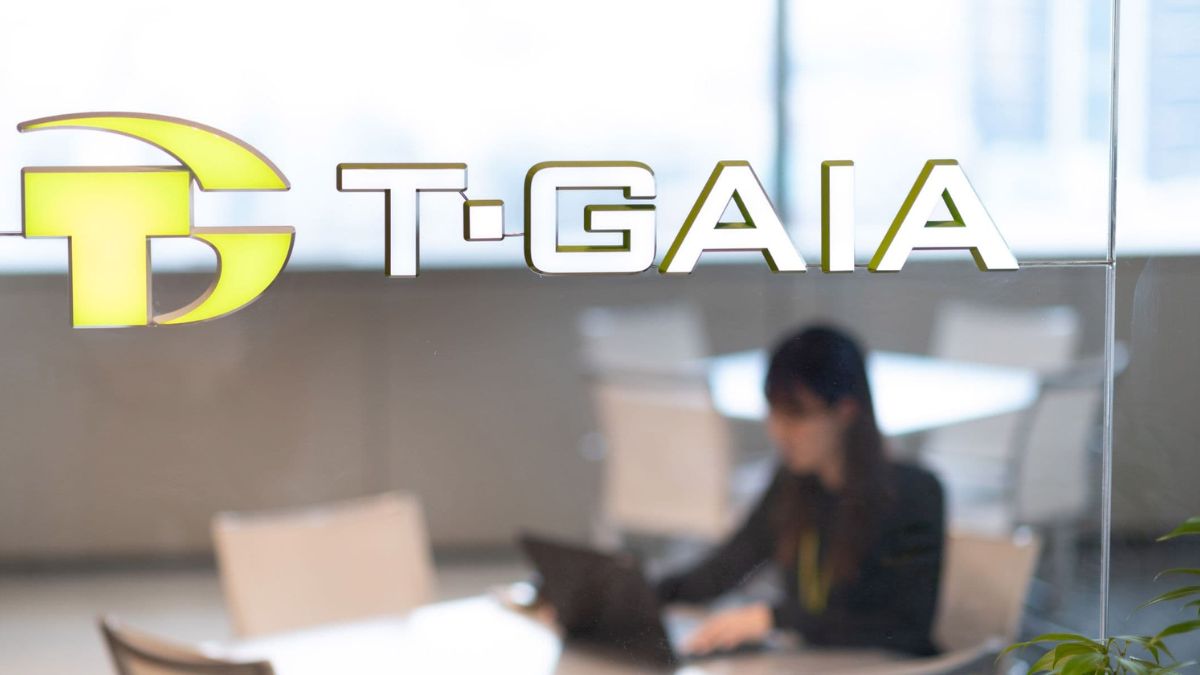T-Gaia Corporation, a leading player in Japan’s telecommunications equipment sector, was recently placed under the “Securities Under Supervision (Confirmation)” status by the Tokyo Stock Exchange (TSE) on September 30, 2024. This move has raised concerns among investors as it often signals that the company is being closely monitored for potential regulatory or compliance issues. The designation can be an early indicator of trouble that, if unresolved, could lead to the company being delisted.
When a company is designated under Securities Under Supervision, it typically means the stock exchange has identified possible issues with the company’s adherence to listing rules. This could involve discrepancies in financial reporting, internal controls, or governance. In the case of T-Gaia, the precise reason for the TSE’s move has not been fully disclosed, but such actions are usually related to operational or regulatory concerns.
The TSE’s “Confirmation” status is not an immediate sign of wrongdoing but indicates that the company will undergo a more detailed investigation to determine if violations have occurred. During this period, the exchange assesses whether the firm meets the criteria to maintain its listing. While under this status, companies are required to cooperate with regulators, providing additional reports and explanations as necessary.
T-Gaia has been performing well in the stock market, with its shares increasing by over 107% in the last year. Despite its market performance, being placed under securities supervision is a serious matter. The uncertainty it creates among investors can lead to reduced confidence, possibly resulting in lower trading volumes or downward pressure on stock prices. Companies under supervision often face liquidity challenges as investors weigh the risks of a potential delisting.
Moreover, such designations can negatively affect a company’s reputation, especially in a highly competitive sector like telecommunications. Stakeholders are likely to scrutinise T-Gaia’s next steps, monitoring closely for any communication from the company or regulatory authorities regarding the outcome of the supervision period. T-Gaia’s status under supervision will remain until the TSE completes its review. The exchange will decide whether to lift the supervision status or proceed with delisting.

